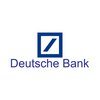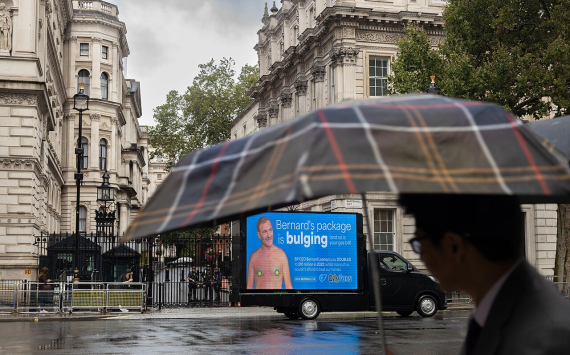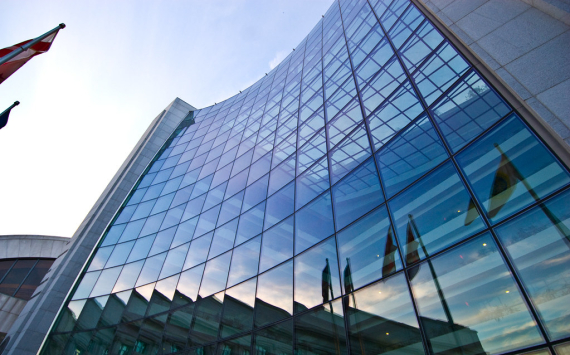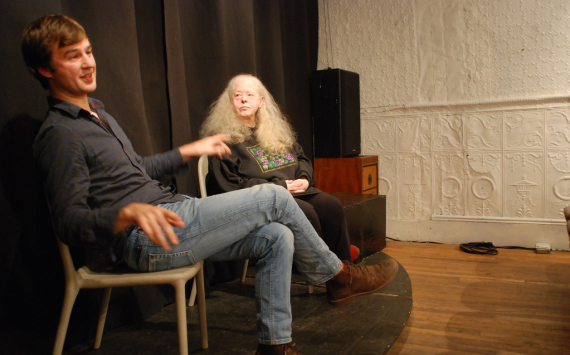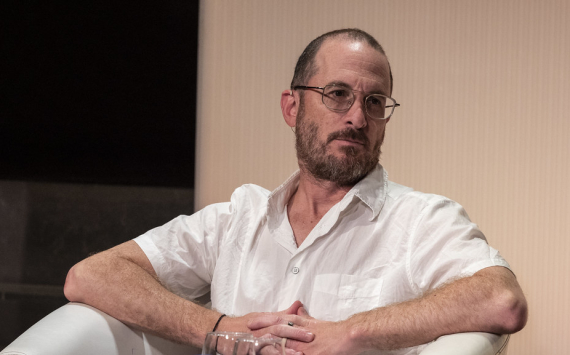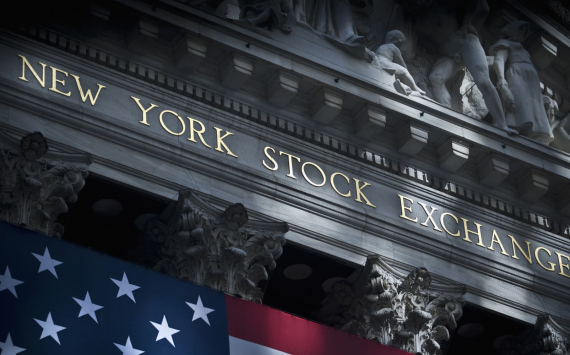
Coronavirus and stock markets
Stock markets in the US and Asia fell sharply on Friday amid reports of a dangerous new strain of COVID from South Africa, with cases of infection detected in Hong Kong. Countries are closing air borders and WHO will hold a meeting today.
US stock futures fell in morning trading on Friday amid reports of a dangerous new strain of COVID.
Trading volumes for Friday morning were low as markets were closed on Thursday because of the US Thanksgiving holiday, which could have contributed to volatility.
Michael Hewson, an analyst at brokerage CMC Markets, said that "due to low liquidity in trading in Asia, due to the US weekend, the reaction does seem to be overreaction, with rising bonds driving yields down and gold up".
Futures on the Dow Jones Industrial Average fell 800 points, or about 2.5 per cent, after the index fell 9 points on Wednesday to close at 35,804. The S&P 500 and Nasdaq futures also fell sharply. Overseas, Hong Kong's Hang Seng index fell 2.7% and Europe's Stoxx 600 fell 3.5%.
WHO authorities reported the first Thursday as a new strain of Covid-19 B.1.1.529 in Botswana in the Central African province of Botswana. The Britain has temporarily suspended flights from six African countries.
According to South African Health Minister Joe Phaahla, the covid-19 strain is a "serious concern", a "serious threat", as reported cases are on a steep rise.
As of Thursday, almost 100 cases of the new strain had been identified in South Africa, where it has become the dominant strain among new infections. Early PCR test results showed that 90% of the 1,100 new cases reported on Wednesday in the South African province, including Johannesburg, were caused by the new COVID B.1.1.529 strain. WHO said it would convene a meeting on Friday to define the new strain as "of interest" or "of concern". Maria Van Kerkhove, WHO technical manager for Covid-19 said: "The concern is that when a strain has so many mutations, it can affect the behaviour of the virus."
WHO said the mutations in COVID strain B.1.1.529 are unknown and "will be subject to further research".
"Many will be watching to see how serious this disease is and the extent to which available vaccines protect against it. Very little is known at this stage," said Jim Reid, strategist at Deutsche Bank.





